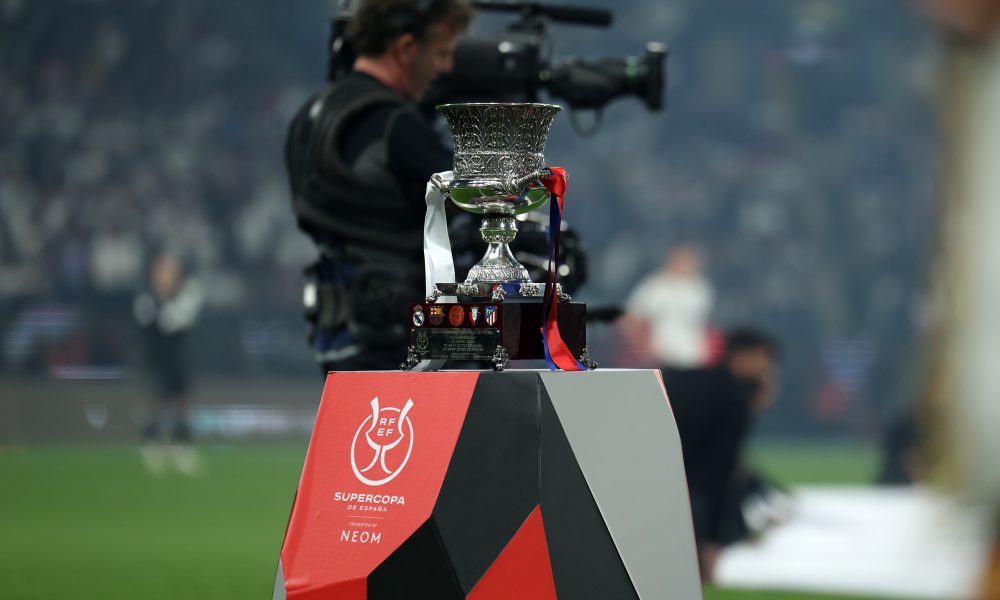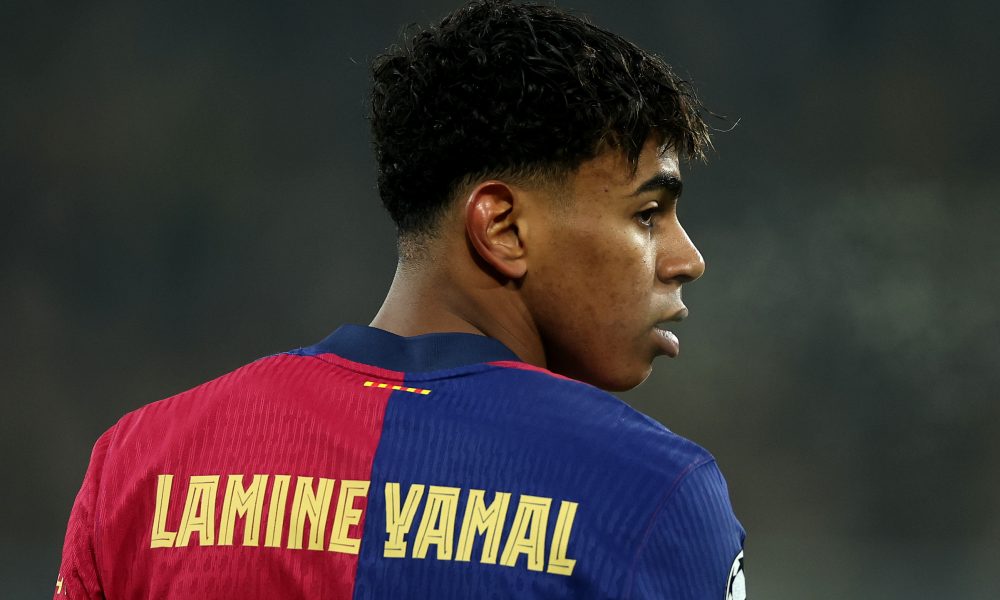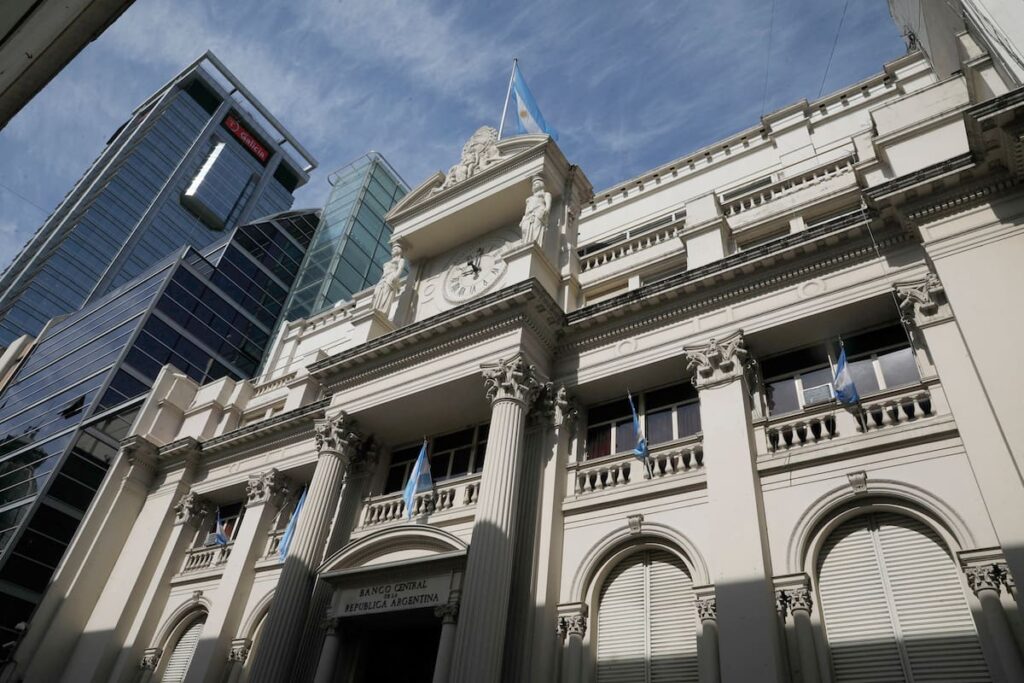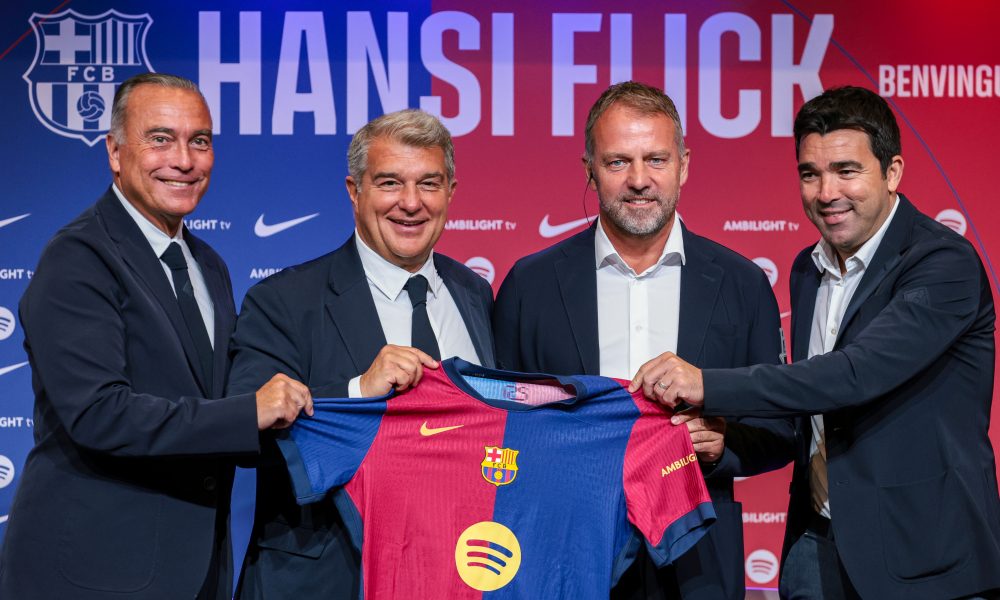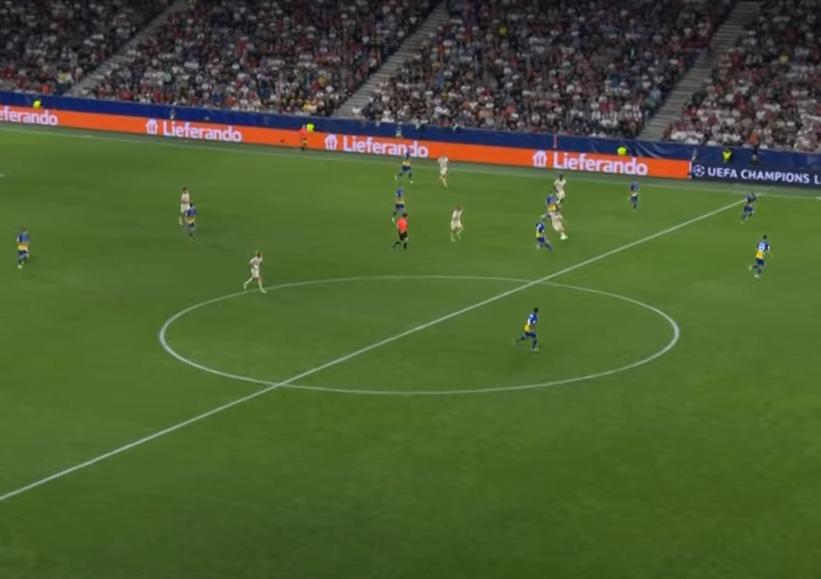With the Spanish Super Cup kicking off tonight, there has been a lot of talk lately about the competition’s revenue distribution model.
The RFEF receives around 40 million euros from Saudi Arabian football, half of which goes directly to the association while the other half is distributed among four teams according to different parameters.
In general terms, the distribution process greatly favors Real Madrid and Barcelona. This season is no exception either, as both clubs will make huge financial gains even if they fail to reach the final.
Barcelona and Real Madrid share income with Mallorca
However, in an attempt to alleviate this disparity, both clubs have once again decided to share a portion of their Super Cup profits with less financially well-off teams, this time benefiting Mallorca, MARCA reports.
Last year, Real Madrid, Barcelona and Atlético de Madrid each donated 200,000 euros of their share of Super Cup revenues to Osasuna, ensuring a more balanced distribution of the wealth from this lucrative tournament.
This year history repeats itself with Mallorca as the recipient of similar support. Real Madrid and Barcelona, recognizing the merit of the minor teams in qualifying for the ‘Final Four’ in Jeddah, have agreed to donate 200,000 euros to the Balearic club
Alfonso Díaz, general director of Empresas de Mallorca, confirmed this gesture during a press conference in Jeddah.
“It has been raised, we have talked about it and part of what corresponded to them, they have shared it. Yes, Real Madrid and Barça have shared it.” said.
This initiative follows a similar format to last year’s agreement, with the aim of mitigating the stark financial contrasts within Spanish football.
While Barcelona and Real Madrid expect to pocket around seven and six million euros respectively for their participation, Athletic Club is not far behind in the distribution, starting from a minimum of 1.5 million euros.
The redistribution from giants to underdogs like Mallorca underlines a step towards equity in a competition where financial rewards are highly skewed based on sporting history and audience appeal.

 Workout
Workout
 Meditation
Meditation




 Contact Us
Contact Us


